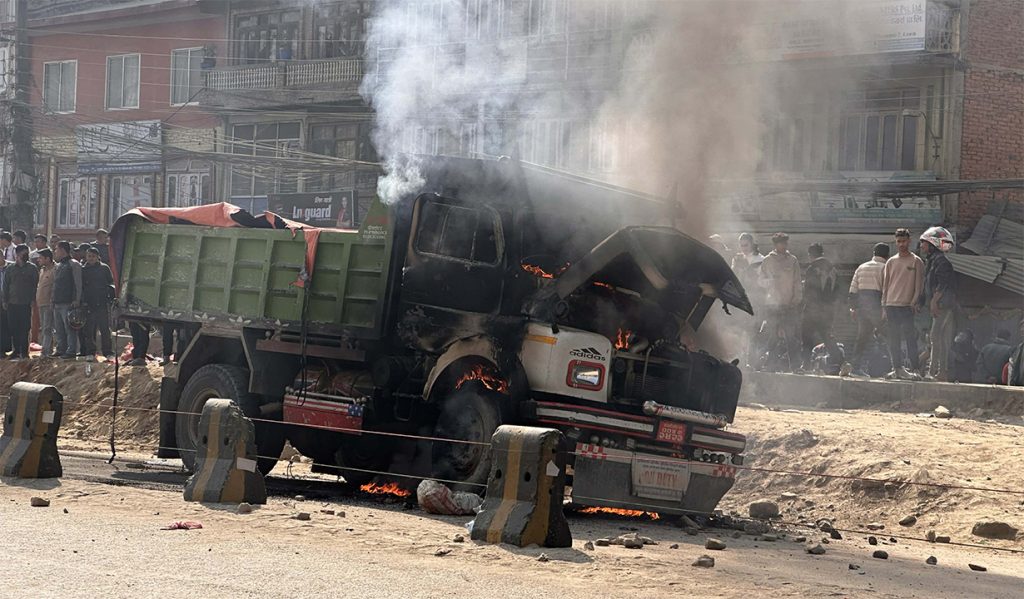
KATHMANDU-Nepal’s digital landscape has been significantly reshaped by the government’s recent ban on 26 major social media platforms, including widely popular apps such as Facebook and Instagram. This drastic move, enforced starting Thursday midnight, September 4, 2025, comes after these platforms failed to comply with a government mandate to register within the stipulated seven-day deadline. The decision has triggered widespread discussion and concern across the country.
The Registration Requirement and Its Legal Basis
The ban stems from a Supreme Court directive and Social Media Directives 2080, which require all social media platforms operating in Nepal, whether domestic or foreign, to register with the Ministry of Communications and Information Technology. This mandate also includes appointing a local contact person and compliance officer, as well as establishing mechanisms to address local complaints and monitor content.
According to reports, the government had issued repeated notices to these platforms since November 2023, followed by a final seven-day deadline that expired on Thursday. Since Meta Platforms, the parent company of Facebook and Instagram, alongside other major global players like Alphabet (YouTube) and X (formerly Twitter), failed to register, the Nepal Telecommunications Authority (NTA) was instructed to block access.
Widespread Impact: Communication, Business, and Freedom of Expression
The ban is having a profound and immediate impact on millions of Nepalis:
- Communication Disruption: Facebook and Instagram are primary communication channels for individuals, families, and businesses in Nepal. The ban creates significant barriers, especially for the large number of Nepalese youth studying or working abroad, who rely on these platforms to connect with loved ones at home.
- Economic Consequences: Businesses, particularly small and medium-sized enterprises, heavily depend on platforms like Facebook and Instagram for marketing, customer engagement, and e-commerce. The ban disrupts their ability to reach customers and conduct online transactions. Facebook’s recent launch of a monetization program in Nepal is also halted, affecting content creators who were starting to earn from their online content.
- Concerns over Freedom of Expression: Critics, including the Federation of Nepalese Journalists (FNJ) and digital rights groups, have condemned the ban, arguing that it curtails press freedom and the constitutional right to information. They emphasize the importance of social media as a platform for diverse voices and public discourse. The Committee to Protect Journalists and Access Now have called the order a form of overbroad censorship.
Navigating the Digital Divide: VPN Usage and Risks
In the wake of the ban, a surge in the use of VPNs and other workarounds is being observed as people seek to circumvent the restrictions. While VPNs can bypass the blocks, the Nepal Police Cyber Bureau has warned against using unreliable free VPN services. These often pose significant security risks, including:
- Data leaks and privacy breaches
- Exposure to malware and viruses
- Potential for financial scams and banking app vulnerabilities
The increased VPN usage also places a strain on Nepal’s internet infrastructure, leading to potential slowdowns and increased costs for bandwidth.
The Path Forward: Compliance or Standoff?
The Nepalese government maintains that platforms completing the registration process will have their services restored. However, the lack of a formal response from major platforms like Meta, alongside concerns about the government’s approach and pending social media legislation, suggests a period of uncertainty for Nepal’s digital future. This situation highlights the ongoing tension between global tech firms and national governments seeking to regulate digital spaces within their borders.





